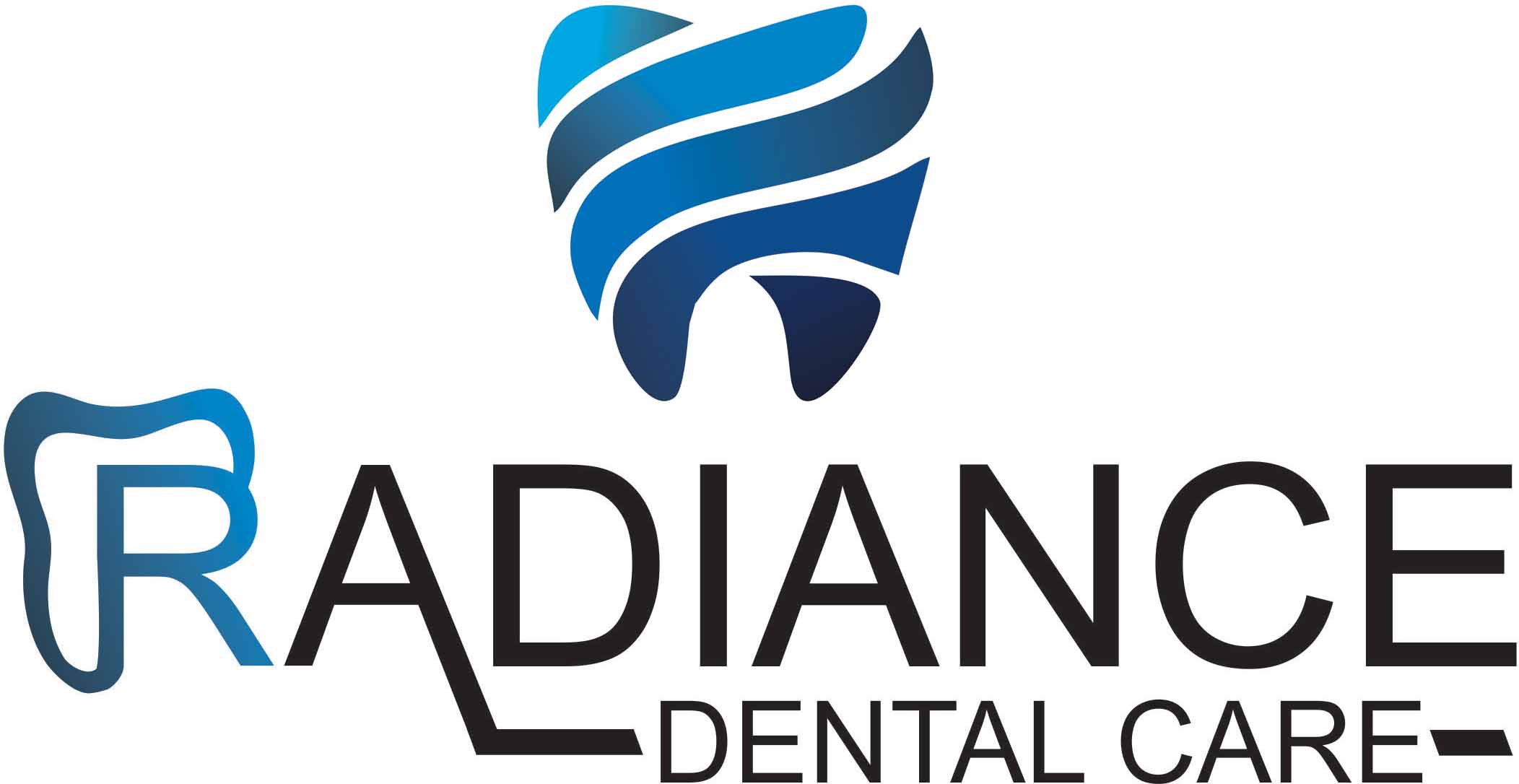ARTICLE
OLD AGE DENTISTRY
Dental Care for the Elderly
As we age, dental care becomes increasingly important. Our teeth and gums go through changes that can make them more vulnerable to decay, disease, and other issues. For older adults, taking care of their teeth and gums is not just about maintaining a healthy smile, it's also essential for their overall health and well-being. In this article, we will explore in detail the importance of dental care for the elderly and some tips to help maintain oral health.
Why is Dental Care Important for the Elderly?
Oral health is an essential aspect of overall health and well-being, and it becomes even more critical as we age. As we get older, our bodies go through changes that can impact our oral health, such as dry mouth, gum disease, and tooth decay. Poor oral health can lead to a range of health problems, including heart disease, stroke, diabetes, and respiratory infections. Moreover, older adults may find it difficult to eat and speak if they suffer from dental issues, which can negatively impact their quality of life.
Tips for Maintaining Dental Health for the Elderly
- Regular Dental Check-Ups: Regular dental check-ups are essential for maintaining good oral health, and it becomes even more crucial as we age. Elderly individuals should see their dentist at least once every six months for routine check-ups. During these check-ups, the dentist will evaluate the patient's dental health and recommend any necessary treatments.
- Brushing and Flossing: Brushing and flossing are two key aspects of maintaining good oral hygiene. Elderly individuals should brush their teeth twice a day for two minutes each time, using a fluoride toothpaste. They should also floss at least once a day to remove plaque and food particles between the teeth.
- Denture Care: Many elderly individuals wear dentures, which require regular cleaning and maintenance. Dentures should be cleaned daily with a soft-bristled brush and a special denture cleaner. It is also important to remove dentures at night and soak them in a cleaning solution.
- Avoid Tobacco and Alcohol: Smoking and excessive alcohol consumption can have negative effects on dental health, including tooth decay, gum disease, and oral cancer. Elderly individuals should avoid tobacco use and limit their alcohol intake.
- Proper Nutrition: A balanced diet that includes plenty of fruits, vegetables, and calcium-rich foods can help keep teeth and gums healthy. Elderly individuals should avoid sugary and acidic foods and drinks, which can contribute to tooth decay.
- Saliva Substitutes: Older adults may experience dry mouth due to medications or other health conditions. Saliva substitutes can be used to help moisten the mouth and prevent tooth decay.
- Oral Hygiene Aids: Elderly individuals with arthritis or other mobility issues may find it difficult to use traditional toothbrushes and floss. Electric toothbrushes and water flossers can be helpful in maintaining good oral hygiene.
- Regular Exercise: Exercise can improve overall health, including dental health. Regular exercise can help increase saliva production, which helps prevent tooth decay.
Conclusion
Dental care is essential for elderly individuals to maintain good oral health. Regular dental check-ups, brushing and flossing, denture care, avoiding tobacco and alcohol, proper nutrition, saliva substitutes, oral hygiene aids, and regular exercise can all help promote good dental health in older adults. By following these tips, elderly individuals can maintain their oral health and enjoy a healthy and happy life.
Contact Us
